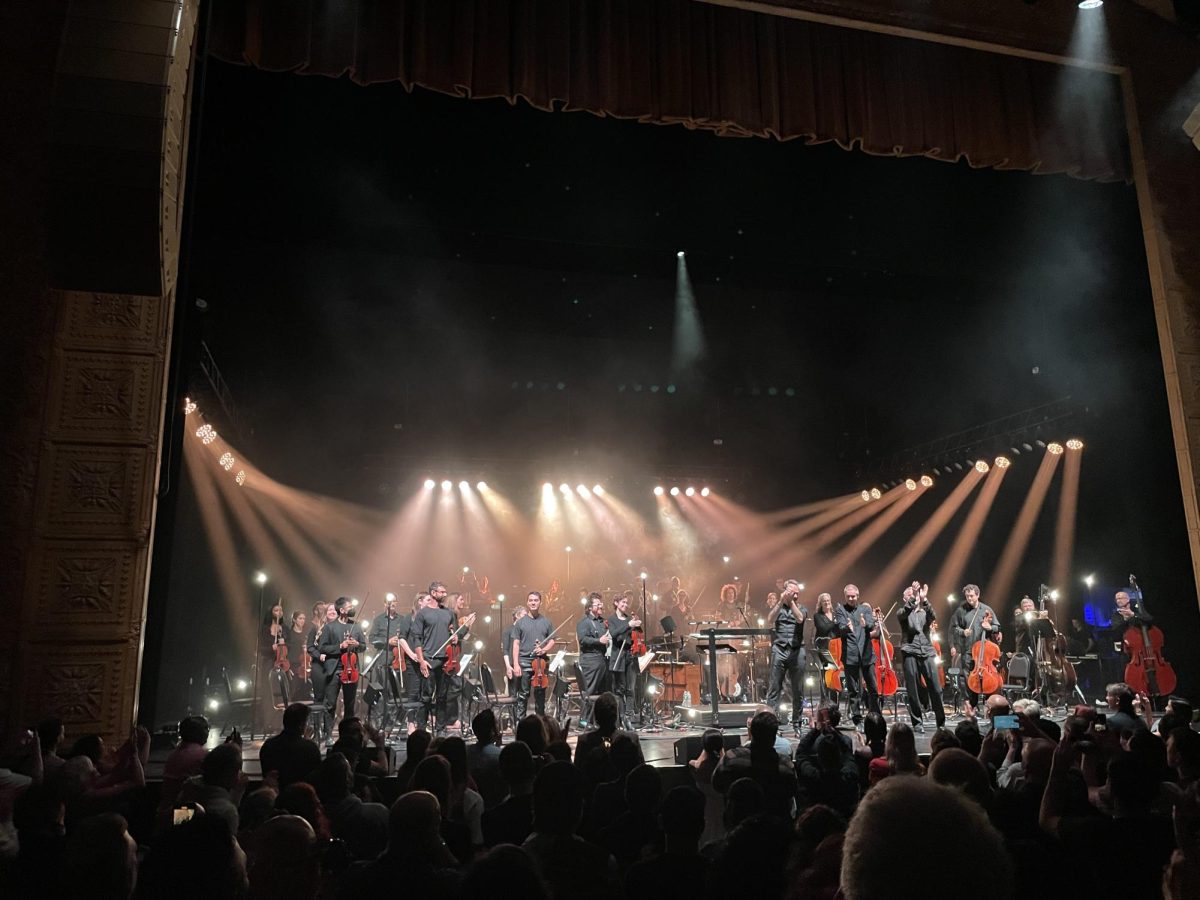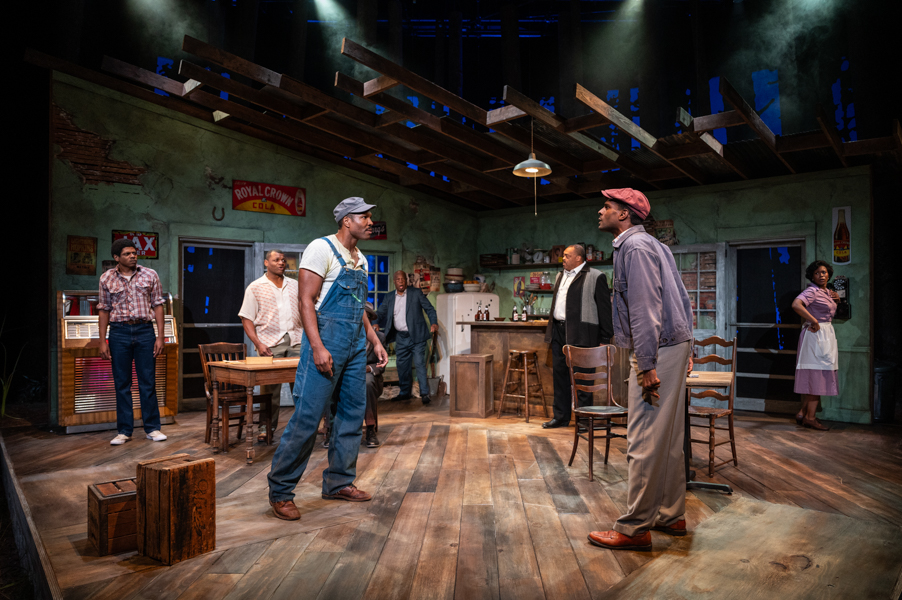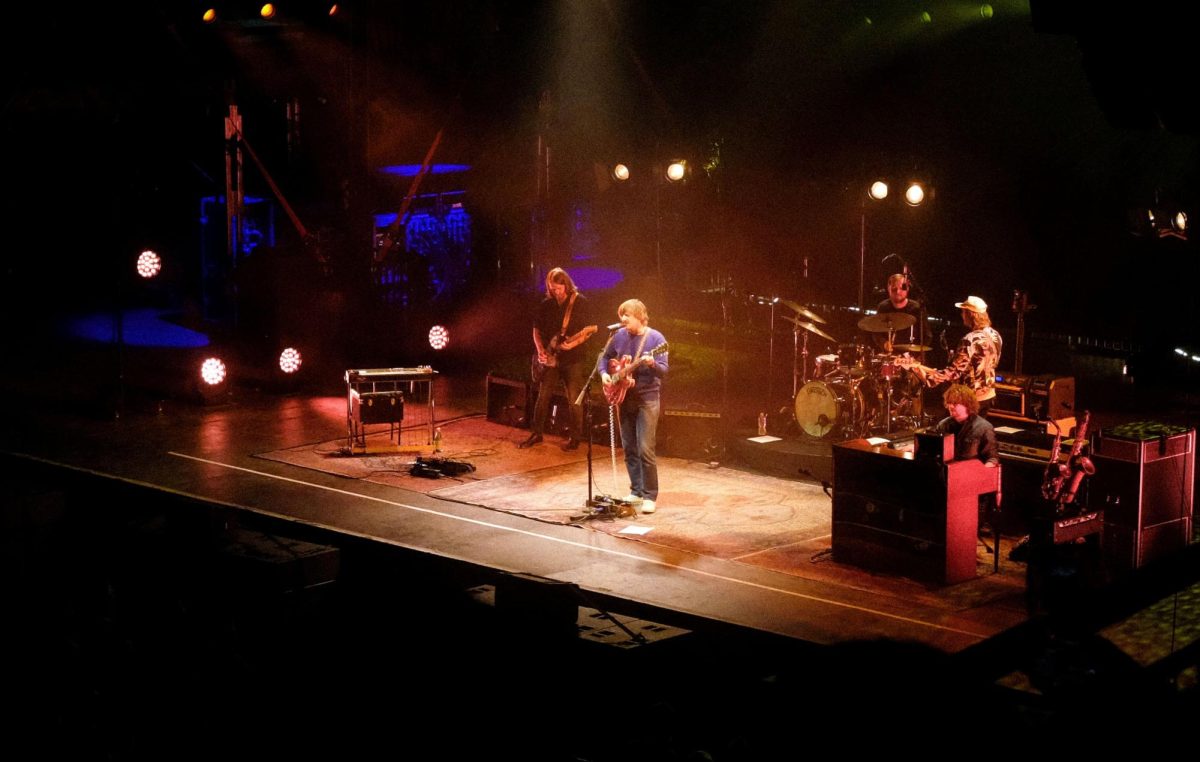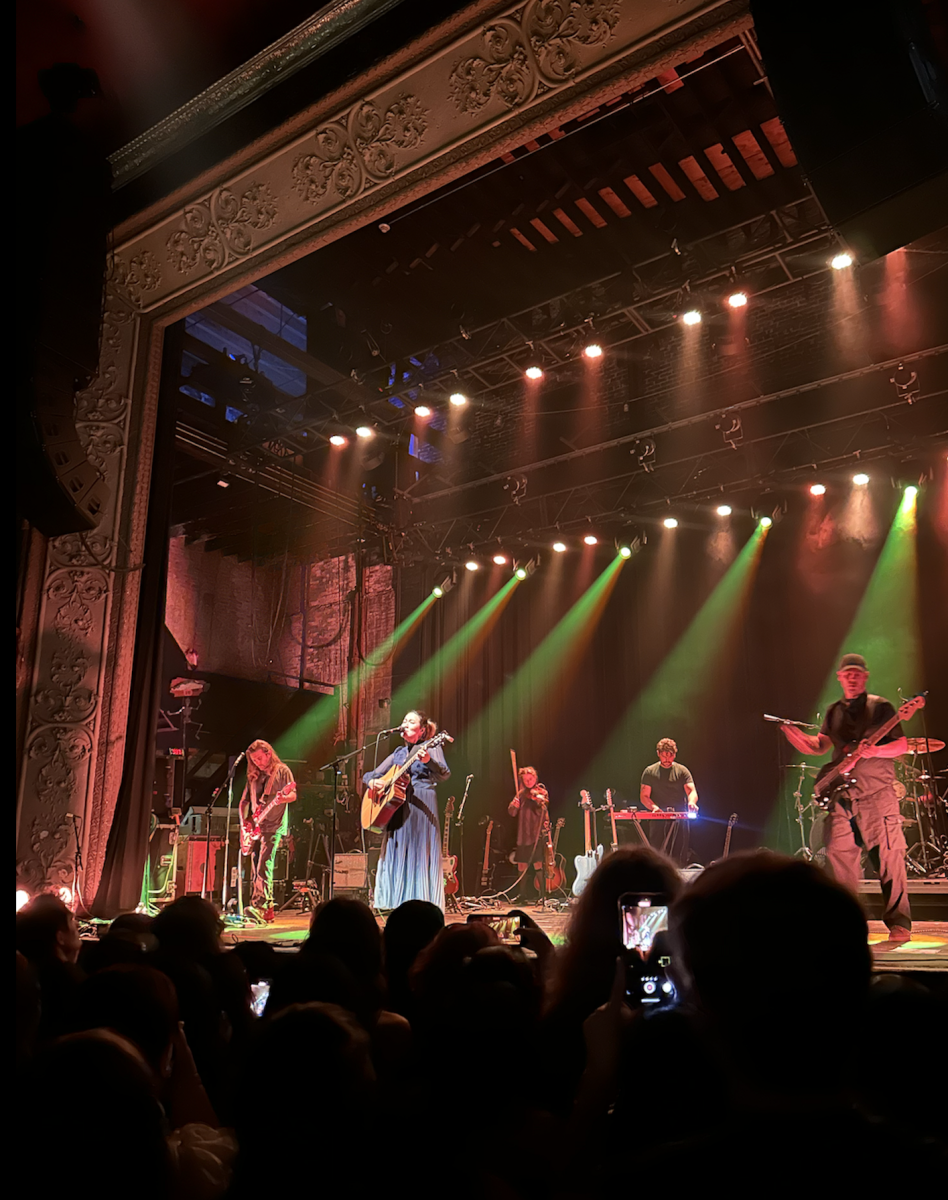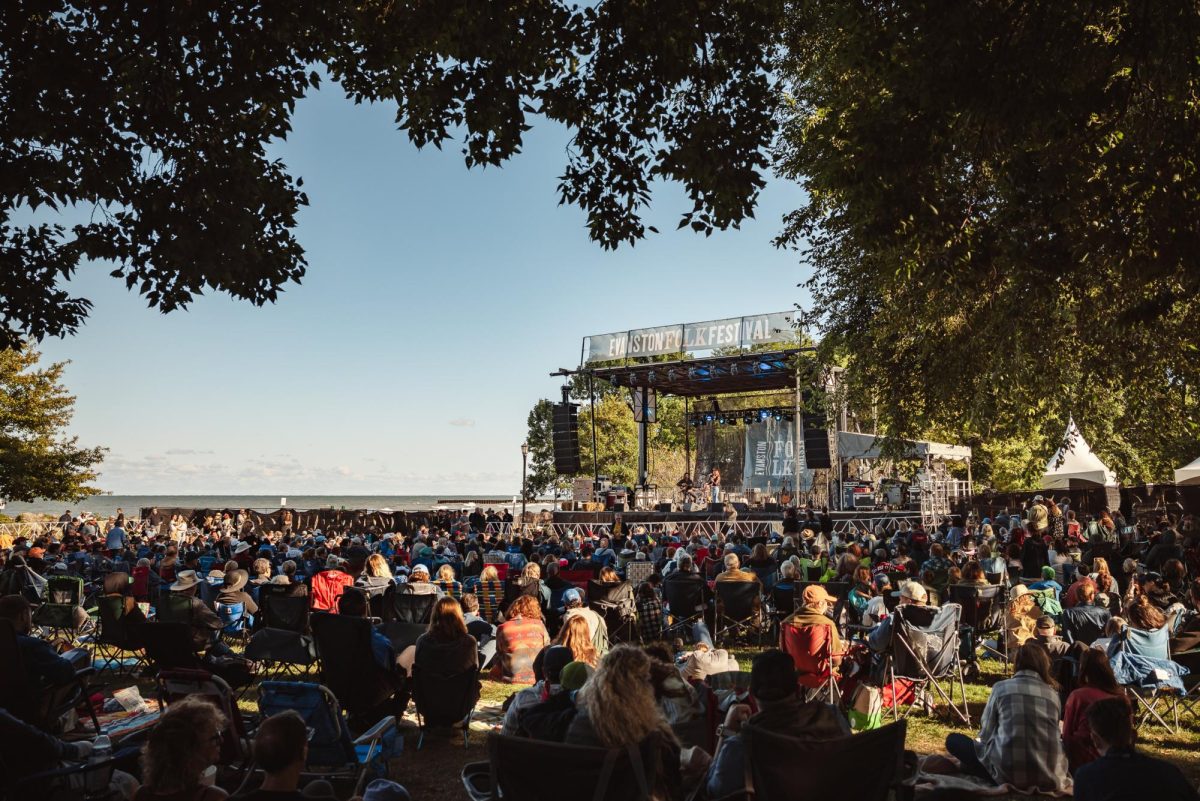In January of 1968, 2,000 inmates of a notoriously dangerous California penitentiary stood up and cheered, with one man leading the show. The man wasn’t starting a riot, but he probably could have been, considering the command he had over the mob. Instead, Johnny Cash had just uttered the line, “I shot a man in Reno just to watch him die,” bringing the prisoners of Folsom Prison to their feet to cheer on the “Folsom Prison Blues.” The electric interaction between Cash and his audience would continue from the first song to his finale of “Greystone Chapel,” a song actually written by inmate Glen Sherley. The performance was recorded and released later that year as At Folsom Prison, an album that would revive Cash’s career and go down as one of the best live albums in history.
After his career took off in the late ’50s, Johnny Cash became hooked on amphetamines and barbiturates, leading him to release a series of concept albums during the mid-’60s. He was essentially disregarded by country radio and most had thought that Cash’s career was drawing to a close. After a failed suicide attempt, the Man in Black was reborn with the help of his wife June Carter and began focusing on his music. The result was At Folsom Prison—an exhilarating live album featuring Cash singing about remorse, loneliness, God, manslaughter, and drugs to audiences that could certainly identify.
At Folsom Prison kicks off with a scorching performance of “Folsom Prison Blues,” an obvious shout-out to the audience. The song sets the tone for the rest of the concert, with Cash’s band serving as the powerhouse behind a leader thriving on the convicts’ emotions. While the Tennessee Three and June Carter were standard to Cash’s shows, At Folsom Prison also includes legendary rockabilly pioneer Carl Perkins on guitar. Perkins has a largely subservient role on the album, but adds several solos and rhythm parts that complement Cash’s acoustic guitar and country style perfectly. While the album is generally country-driven, Cash’s harmonica parts and the addition of Perkins give it a blues and rock sound at times.
The record runs the gamut of emotions, from the light-hearted “25 Minutes to Go” to the stern “Long Black Veil.” The former is an upbeat countdown by a man on his way to a death sentence, sung with voices indicating panic, satisfaction, dread, and humorous acceptance. The latter tells the tale of a man who is accused of murder but is unable to reveal his true alibi because he was with his best friend’s wife. The man is put to death but his mistress visits his grave, crying and thanking him for keeping the secret. Because the performance includes such contradictory sentiments, there are moments when the tone of a comical song carries over to a grim one. Cash even gives a nervous and slightly disturbed laugh when several inmates applaud the dismal line, “Well I said not a word, though it meant my life/ for I’d been in the arms of my best friend’s wife.”
It is clear that Cash tailored the set for the audience, as he includes relatively unknown yet relevant songs like “Cocaine Blues” (a song about the exploits of a man after doing hits of cocaine) and “I Got Stripes” (referring to the stereotypical prison attire) at the expense of his big hits like “Ring of Fire” and “I Walk the Line.” And while the crowd responds to recognizable numbers like “I Still Miss Someone” and “Jackson,” more heartfelt reactions come during “Green, Green Grass of Home,” a song about a man’s emotional homecoming, undoubtedly a poignant tune for many prisoners.
The set lasts nearly an hour but never approaches anything musically complex. Carl Perkins is the most innovative of the group; the rhythm section never ventures far from a two-beat shuffle, and it is a big deal when Cash repeats simple chords on the harmonica. At Folsom Prison doesn’t focus on the musical talents of the performers like some live albums do, but rather on Johnny Cash’s ability to captivate and identify with the audience on a personal level like no album has before or since.



